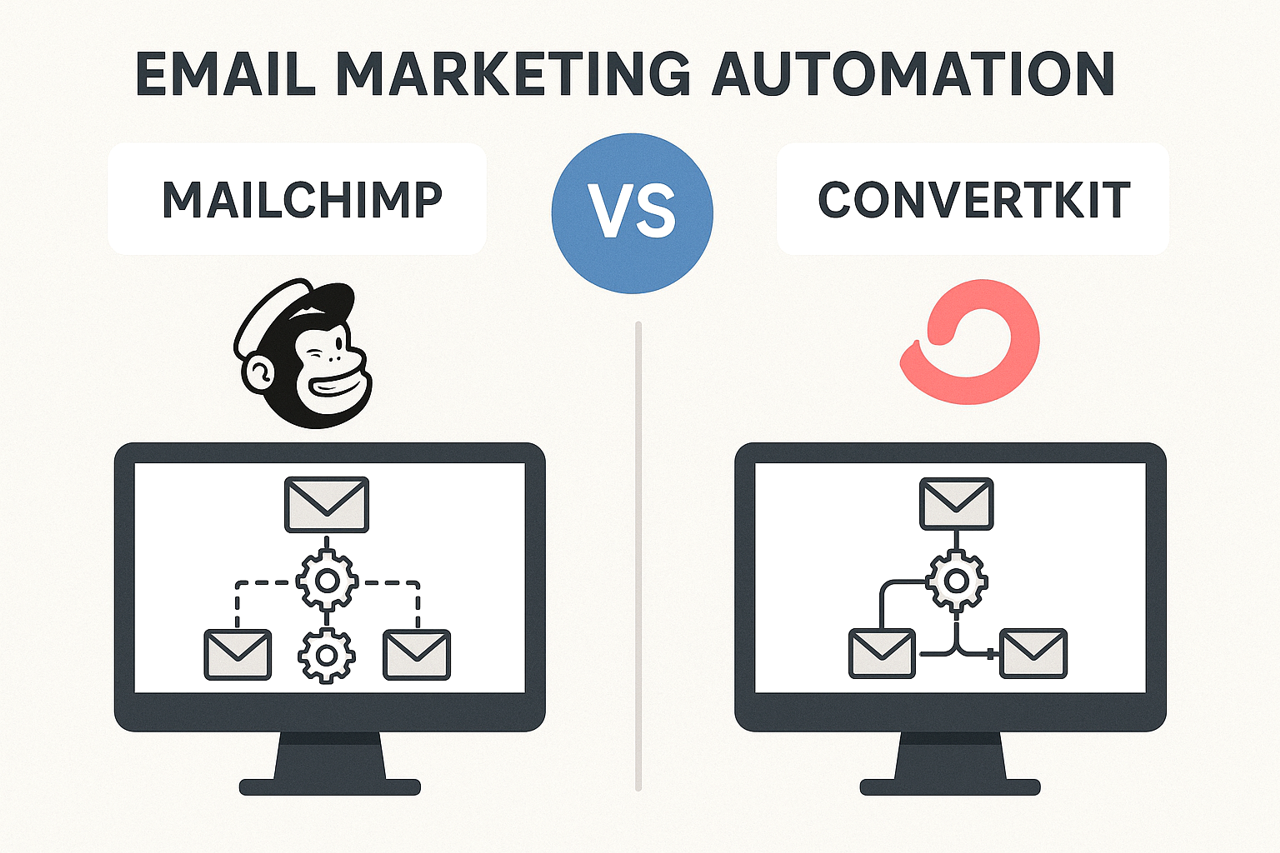
Learning to code is a transformative journey that opens up a world of possibilities. In this introduction, we’ll discuss the essence of coding, its importance in today’s tech-driven world, and how even the most apprehensive beginners can overcome their fear of coding.
Read More: How to Build a Mobile App: A Step-by-Step Guide
Why Learn to Code?

Understanding the fundamental importance of coding is the first step. Whether you’re aspiring to become a software developer, enhance problem-solving skills, or simply dive into the world of technology, coding is a valuable skill that offers numerous benefits.
Overcoming the Fear of Coding
Many beginners are intimidated by the perceived complexity of coding. We’ll explore common fears and misconceptions, emphasizing that with the right guidance and approach, anyone can learn to code.
Choosing the Right Programming Language
Selecting the right programming language is pivotal, especially for beginners. We’ll provide an overview of popular languages like Python, JavaScript, and Java, discussing their strengths, weaknesses, and practical applications.
Factors to Consider
To assist beginners in making an informed decision, we’ll outline essential factors such as the simplicity of syntax, community support, and the versatility of the language.
Recommendation for Beginners
Offering a recommendation based on ease of learning, community resources, and the broad application of the language will guide beginners toward a suitable choice.
Setting Up Your Development Environment
Before writing your first line of code, setting up a conducive development environment is crucial. We’ll walk through the process of installing necessary software, choosing a code editor, and configuring the environment for smooth coding.
Installing Necessary Software
Step-by-step guidance on installing compilers, interpreters, and other essential software will ensure a hassle-free coding experience.
Choosing a Code Editor
Discussing the merits of popular code editors like Visual Studio Code, Atom, and Sublime Text, and guiding beginners in making an informed choice.
Configuring the Development Environment
Explaining how to customize settings, install extensions, and optimize the development environment to suit individual preferences and project requirements.
Basic Programming Concepts
With the environment set up, we’ll delve into fundamental programming concepts that every beginner should grasp.
Variables, Data Types, and Syntax
Breaking down the basics of variables, different data types, and understanding the syntax of a programming language.
Control Flow and Loops
Introduction to control flow statements (if, else, switch) and loops (for, while), illustrating their importance in controlling program execution.
Importance of Comments
Highlighting the significance of commenting code for readability and collaboration, an often overlooked aspect for beginners.
Writing Your First Program
Now that the foundation is laid, it’s time to write the first lines of code. Using the timeless example of a “Hello, World!” program, we’ll guide beginners through the process.
Breaking Down the Code
Line-by-line analysis of the “Hello, World!” program, explaining each element and its function.
Running the Program
Guidance on running the program and interpreting the output, providing a tangible sense of accomplishment for beginners.
Debugging and Troubleshooting
Mistakes are inevitable in coding, especially for beginners. We’ll explore common errors, introduce debugging tools, and emphasize the importance of persistence in overcoming coding challenges.
Common Coding Errors for Beginners
Highlighting errors like syntax mistakes, logical errors, and runtime errors that beginners commonly encounter.
Debugging Tools and Techniques
Introducing beginners to debugging tools within their chosen development environment and effective troubleshooting techniques.
The Importance of Persistence
Emphasizing that coding is a learning process, and persistence in the face of challenges is key to mastering the craft.
Resources for Learning

No coding journey is complete without ongoing learning. We’ll provide a comprehensive list of online platforms, courses, and coding communities that beginners can leverage.
Online Platforms and Courses
Reviewing popular platforms like Codecademy, Udacity, and Coursera, and outlining their strengths and specialties.
Coding Communities and Forums
Encouraging beginners to join communities like Stack Overflow and Reddit, emphasizing the benefits of networking and collaborative learning.
Importance of Continuous Learning
Stressing that coding is an ever-evolving field, and the commitment to continuous learning is crucial for staying relevant.
Building Simple Projects
Applying theoretical knowledge to practical scenarios is vital. We’ll guide beginners through a step-by-step process of building a basic project.
Step-by-Step Guide
Breaking down the project into manageable steps, encouraging creativity and problem-solving.
Fostering Creativity
Emphasizing that coding is not just about syntax but also about expressing creativity through problem-solving.
Getting Feedback and Improving
Seeking feedback is an essential part of the learning process. We’ll discuss the importance of feedback, where to seek it, and how to incorporate it into one’s coding practice.
Seeking Feedback from Peers and Mentors
Guidance on approaching peers and mentors for constructive feedback, fostering a collaborative learning environment.
Embracing the Iterative Process
Highlighting that improvement in coding is iterative, and each version of code can be better than the last.
Learning from Mistakes
Encouraging beginners to view mistakes as opportunities for growth and learning, rather than setbacks.
Joining Coding Communities
The journey becomes more enjoyable when shared. We’ll explore the benefits of joining coding communities and forums.
Networking Opportunities
Discussing how participating in coding communities can lead to networking opportunities, collaborations, and shared learning experiences.
Collaborative Learning
Emphasizing the value of learning from others, contributing to discussions, and experiencing the collective knowledge of a community.
Staying Updated with Industry Trends
The tech industry is dynamic, and staying informed is crucial for success. We’ll discuss strategies and resources for staying updated.
The Dynamic Nature of the Tech Industry
Highlighting the rapid changes in technology and the importance of staying adaptable.
Resources for Staying Updated
Listing sources like tech blogs, podcasts, and newsletters that provide insights into industry trends.
Overcoming Coding Challenges
Challenges are inherent in coding. We’ll explore common challenges faced by beginners and strategies to overcome them.
Common Challenges Faced by Beginners
Addressing issues like imposter syndrome, frustration, and the feeling of being overwhelmed.
Strategies to Overcome Coding Obstacles
Practical advice on breaking down problems, seeking help, and maintaining a positive mindset.
Building Resilience
Stressing the importance of resilience as a trait, as coding, like any skill, improves with consistent effort.
Transitioning to Advanced Concepts
As beginners gain confidence, they may want to explore more advanced topics. We’ll discuss the next steps in the coding journey.
Exploring Advanced Programming Topics
Briefly introducing concepts like algorithms, data structures, and more advanced programming languages.
Preparing for Complex Projects
Guidance on gradually transitioning to more complex projects, applying foundational knowledge to real-world scenarios.
Building a Strong Foundation
Emphasizing that a strong foundation in the basics is crucial for tackling advanced concepts with confidence.
Celebrating Small Wins

Acknowledging and celebrating milestones is integral to maintaining motivation. We’ll discuss the importance of recognizing and celebrating small wins.
Recognizing Milestones
Encouraging beginners to acknowledge achievements, whether completing a project, solving a challenging problem, or writing efficient code.
Motivation for Continued Learning
Stressing that celebrating small wins serves as motivation to continue the learning journey and tackle more significant challenges.
Read More: How to Secure Online Accounts: Tips and Tricks
Conclusion
In the conclusion, we’ll recap the key points covered in the article, offer words of encouragement, and express the significance of the coding journey.
Recap of Key Points
Summarizing the main takeaways from each section, reinforcing the essential aspects of learning to code.
Encouragement for Aspiring Coders
Offering words of encouragement to beginners, reminding them that the journey is ongoing, and progress is a testament to dedication.
Final Thoughts on the Coding Journey
Closing with reflections on the transformative nature of learning to code and the endless possibilities it opens up.
FAQs
- How long does it take to learn coding for beginners? Learning to code is a gradual process, and the time it takes varies for each individual. Consistent practice and dedication are key factors in accelerating the learning curve.
- What programming language is best for beginners? Python and JavaScript are often recommended for beginners due to their readability and versatility. However, the best language depends on your goals and preferences.
- How can I overcome coding frustration? Frustration is common in coding. Break down problems into smaller tasks, seek help from online communities, and celebrate small victories to stay motivated.
- Is coding only for those pursuing a career in tech? No, coding can be beneficial for various fields. It enhances problem-solving skills and logical thinking, making it a valuable skill in diverse industries.
- Where can I find coding projects to work on as a beginner? Platforms like GitHub and coding forums offer a range of beginner-friendly projects. Start with small projects to apply and reinforce your coding skills.








One Comment